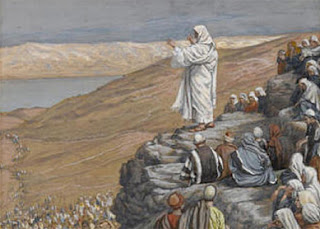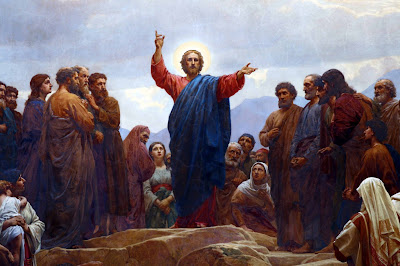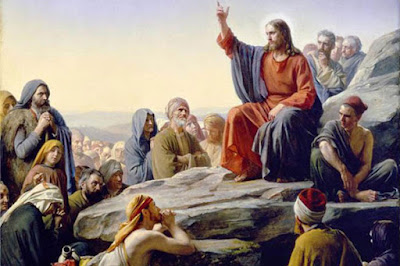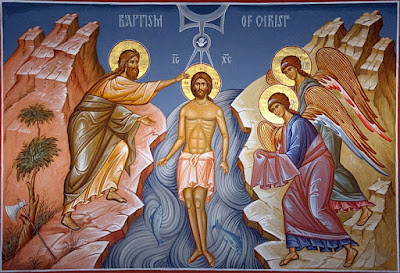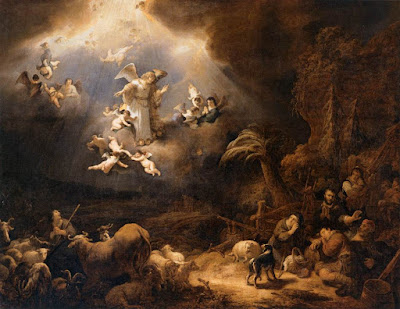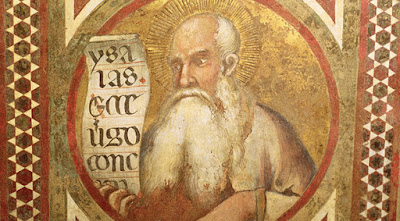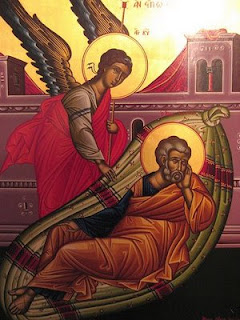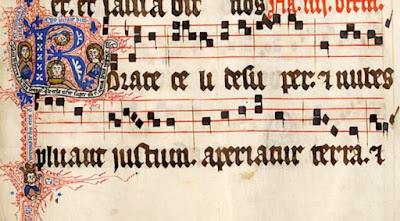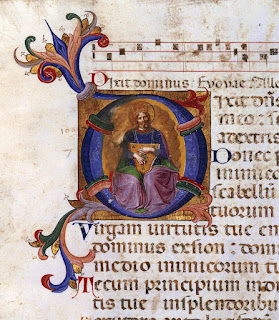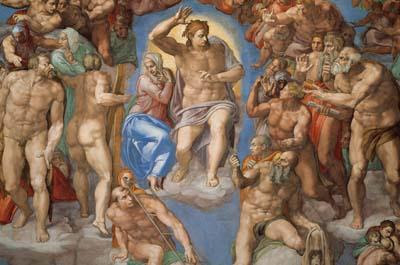Homily for Palm Sunday, April 9, 2017, Year A
Fr. Charles Irvin Senior Priest Diocese of Lansing ( Click here for today’s readings ) Blood is life-giving; it is the essential element in sustaining us in life. Babies the womb receive oxygen and nutrients from their mothers’ blood. When natural disasters occur the Red Cross appeals for blood donors. During surgeries it sustains patients in life. In many cultures the bonding of people is sealed in rituals that mingle blood. In all cultures blood has a deeply religious significance. When God brought the Hebrew people out of their slavery in Egypt, the blood of sacrificed lambs marked their homes and they were spared the punishment that fell upon their Egyptian captors. Later, on Mt. Sinai, when God bound Himself to His people, Moses offered animal sacrifices and then took half of the blood and put it in basins, and half of the blood he threw against the altar. Then he took the book of the covenant, and read it in the hearing of the people; and they said, “All that th
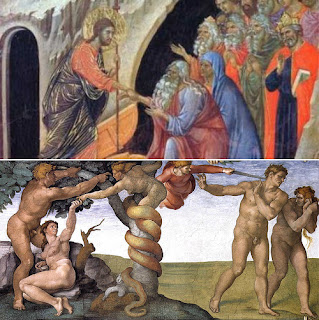

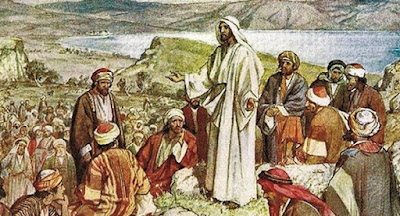
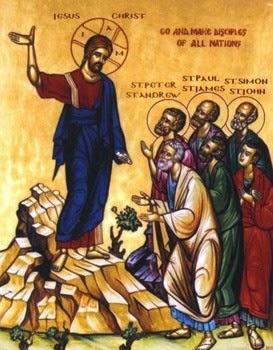.jpg)
